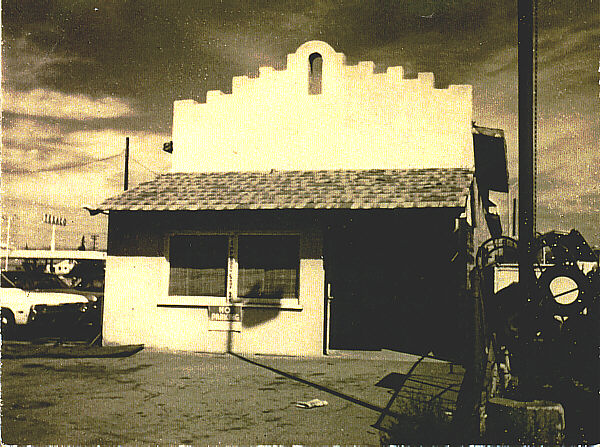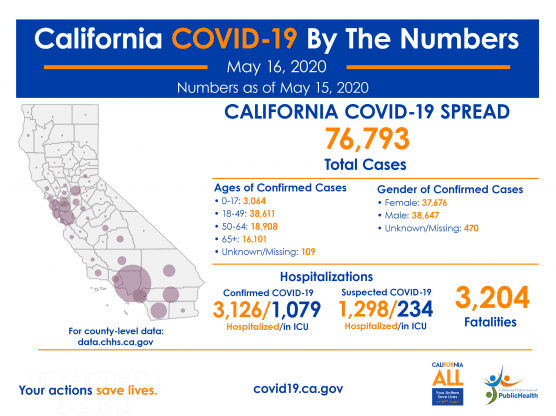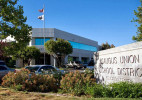California has 76,793 confirmed cases and 3,204 deaths from COVID-19 as of Saturday, according to the state Department of Public Health. Local health departments have reported 8,111 confirmed positive cases in healthcare workers and 47 deaths statewide.
As of May 15, 1,179,126 tests have been conducted in California and reported to the California Department of Public Health. This represents an increase of 45,220 tests over the prior 24-hour reporting period. These numbers include data from commercial, private and academic labs, including Quest, LabCorp, Kaiser, University of California and Stanford, and the 25 state and county health labs currently testing.
Individuals prioritized for testing include:
– Hospitalized patients
– Symptomatic and asymptomatic healthcare workers, first responders, and other social service employees
– Symptomatic individuals age 65 and older or symptomatic individuals of any age with chronic medical conditions that increase the risk of severe COVID-19 illness
– Individuals who are tested as part of disease control efforts in high-risk settings
– Asymptomatic residents and employees of congregate living facilities when needed to prevent disease transmission
– Symptomatic and asymptomatic individuals in essential occupations such as grocery store and food supply workers, utility workers and public employees
– Other individuals with symptoms consistent with COVID-19
How People Can Protect Themselves and Others
Every person has a role to play. Protecting yourself and your family comes down to common sense:
Staying home except for essential needs/activities following local and state public health guidelines when patronizing approved businesses. To the extent that such sectors are re-opened, Californians may leave their homes to work at, patronize, or otherwise engage with those businesses, establishments or activities.
– Practicing social distancing.
– Wearing a cloth face mask when out in public.
– Washing hands with soap and water for a minimum of 20 seconds.
– Avoiding touching eyes, nose or mouth with unwashed hands.
– Covering a cough or sneeze with your sleeve, or disposable tissue. Wash your hands afterward.
– Avoiding close contact with people who are sick.
– Staying away from work, school or other people if you become sick with respiratory symptoms like fever and cough.
– Following guidance from public health officials.
What to Do if You Think You’re Sick
Call ahead: If you are experiencing symptoms of COVID-19 (fever, cough or shortness of breath) and may have had contact with a person with COVID-19, or recently traveled to countries with apparent community spread, call your health care provider before seeking medical care so that appropriate precautions can be taken.
For more information about what Californians can do to prevent the spread of COVID-19, visit Coronavirus (COVID-19) in California.
Like this:
Like Loading...
Related





 Tweet This
Tweet This Facebook
Facebook Digg This
Digg This Bookmark
Bookmark Stumble
Stumble RSS
RSS
























REAL NAMES ONLY: All posters must use their real individual or business name. This applies equally to Twitter account holders who use a nickname.
0 Comments
You can be the first one to leave a comment.